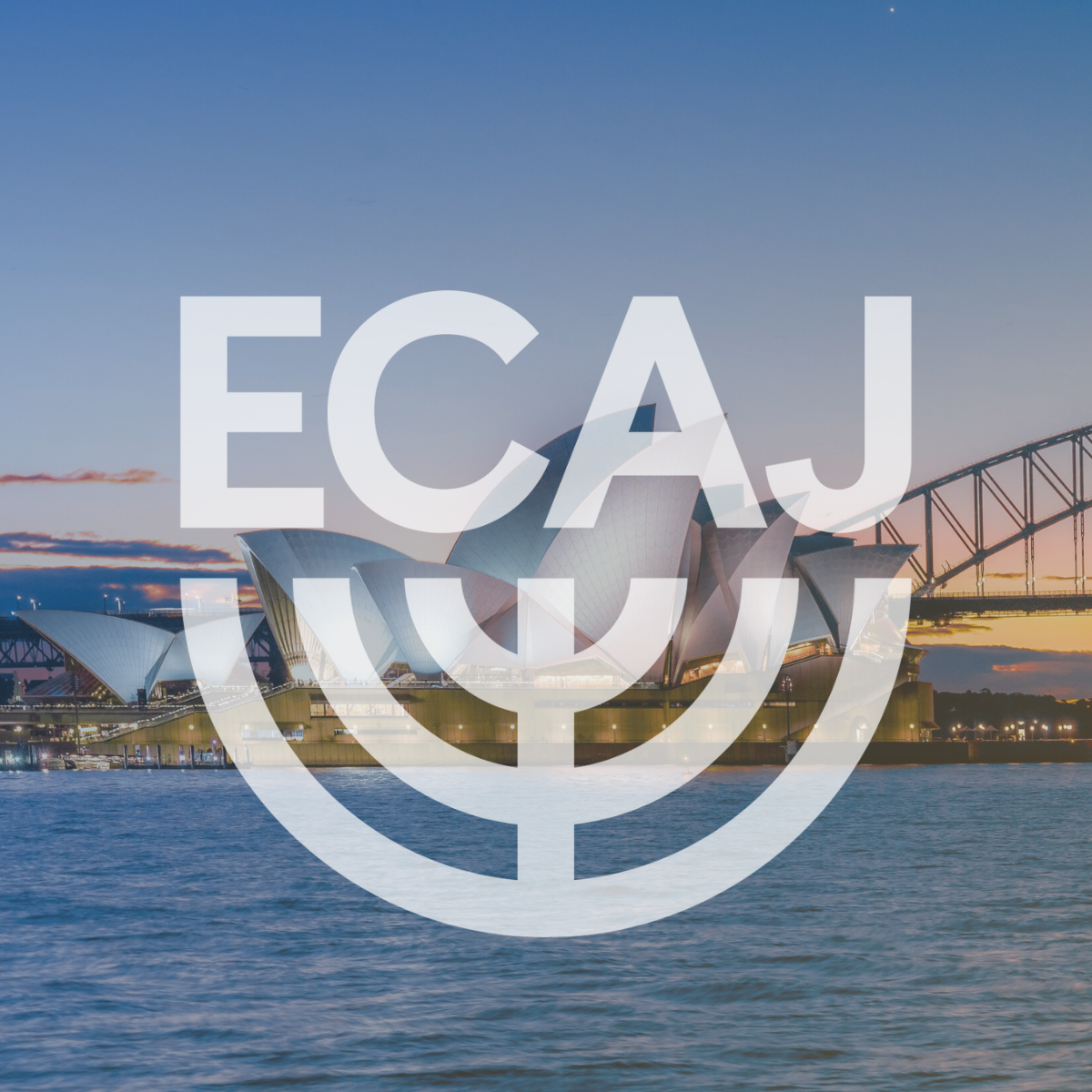In this piece published ABC Religion and Ethics, ECAJ co-CEO Peter Wertheim sets out the legal, political and moral impediments to recognising a Palestinian State, and explains why recognition cannot “wish” such a State into existence. The article also explains that issues such as settlements and borders are, as a matter of law, wholly distinct from the question of recognition of a Palestinian state, and there is no principled basis for linking them.
In an earlier piece, I argued that the impediments to Australia recognising a Palestinian state are not only legal but also practical and moral. The legal and practical reasons come down to a simple fact which no serious commentator has denied: that there is at present no Palestinian entity which exercises effective control over the West Bank and Gaza Strip, and therefore there is no entity which is capable of fulfilling international agreements in respect of that territory as a whole.
Nor is any such entity likely to emerge in the foreseeable future.
There is an unbridgeable chasm between the Palestinian Authority, which administers parts of the West Bank, and Hamas, which administers Gaza. The former represents secular nationalists seeking a conventional sovereign state. The latter represents supra-national theocrats who see a future Palestine as subordinate to a wider ummah (community of Muslim believers).
A permanent peace agreement with Israel is at least theoretically possible for the former, but not for the latter.
Evaluating theories of state recognition
In his recent article, Victor Kattan argues that a Palestinian state does not have to exist before it is recognised, and that a putative new state can be ushered into existence by the act of recognition itself. As Kattan points out, this idea is known in international law as the “constitutive theory” of state recognition. It maintains that it is the act of recognition by other states that can create a new state and endows it with legal personality.
The alternative, more widely accepted view is known as the “declaratory theory”, which maintains that recognition is merely an acknowledgement by other states of an already-existing reality. A new state acquires a legal personality and legal capacity only if and when it actually begins to operate as a State “on the ground”. A necessary condition for recognition of a State is that it has effective control of its territory.
In practice, and in their public statements, the nations of the world have generally followed the declaratory theory rather than the constitutive theory. As Malcolm Shaw writes: “Practice over the last century or so is not unambiguous but does point to the declaratory approach as the better of the two theories.” Article 3 of the Montevideo Convention on the Rights and Duties of States (1933), moreover, explicitly states: “The political existence of the state is independent of recognition by the other states.” This principle was cited and applied by the Arbitration Commission, E.C. Conference on Yugoslavia, in its opinion on 20 November 1991.
In accordance with the declaratory theory, Australia has regarded the exercise of effective control of territory as an essential requirement for recognising a putative new state. For example, this was part of the rationale for the Whitlam government’s decision to recognise the People’s Republic of China on 22 December 1972.
The example of the State of Israel
The declaratory theory was also the basis for Australia’s recognition of the State of Israel. On 29 November 1947, the UN General Assembly voted to recommend the partition of the British Mandate of Palestine into a Jewish State and an Arab State, giving international endorsement to the principle of “two States for two peoples”. Australia’s support for this resolution has sometimes been referred to as an example of Australia acting under the constitutive theory of recognition. However, the UN vote on partition was a recommendation about the future of the then British Mandate territory of Palestine. It was not, and did not purport to be, an act of recognition.
Israel declared its independence on 14 May 1948, and even then Australia did not recognise it. Israel’s viability was initially in doubt, as it immediately faced a military invasion from five neighbouring Arab states. It was not until Israel had successfully repelled the invasion and demonstrated that it was in fact operating as a state, that Australia finally recognised it on 29 January 1949. This is what the Australian representative to the UN had to say about the matter on 19 November 1948:
By every practical test, whether in respect of its capacity for self-defence, its governmental organisation, its control of all forms of administration within specified areas … the fact that the Government of Israel is a reality must now be clearly recognised by everybody.
It would be difficult to conceive of a clearer affirmation of the declaratory theory. A putative state of Palestine, by reason of the present divisions which are entirely internal to Palestinian society, fails every one of the criteria listed by the Australian representative.
Reconsidering recognition
Although recognition of a putative state is a political decision at the discretion of each of the world’s existing states, the putative state’s effective control of its territory is a necessary condition that must be satisfied before the discretion can be applied. It would be futile and potentially embarrassing to recognise a state if it is incapable of ruling over its own territory. For the Palestinians, further internal bloodshed would also be encouraged as the stakes were raised and the Palestinian Authority and Hamas competed for dominance.







